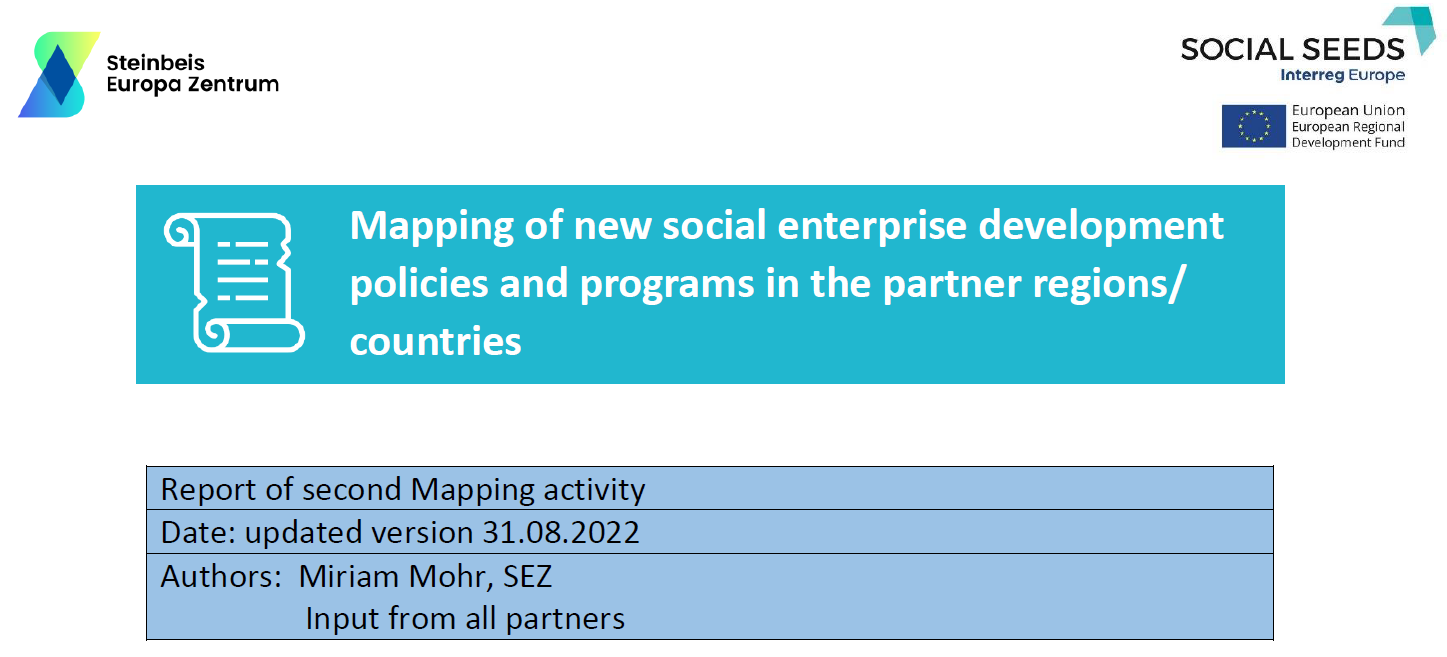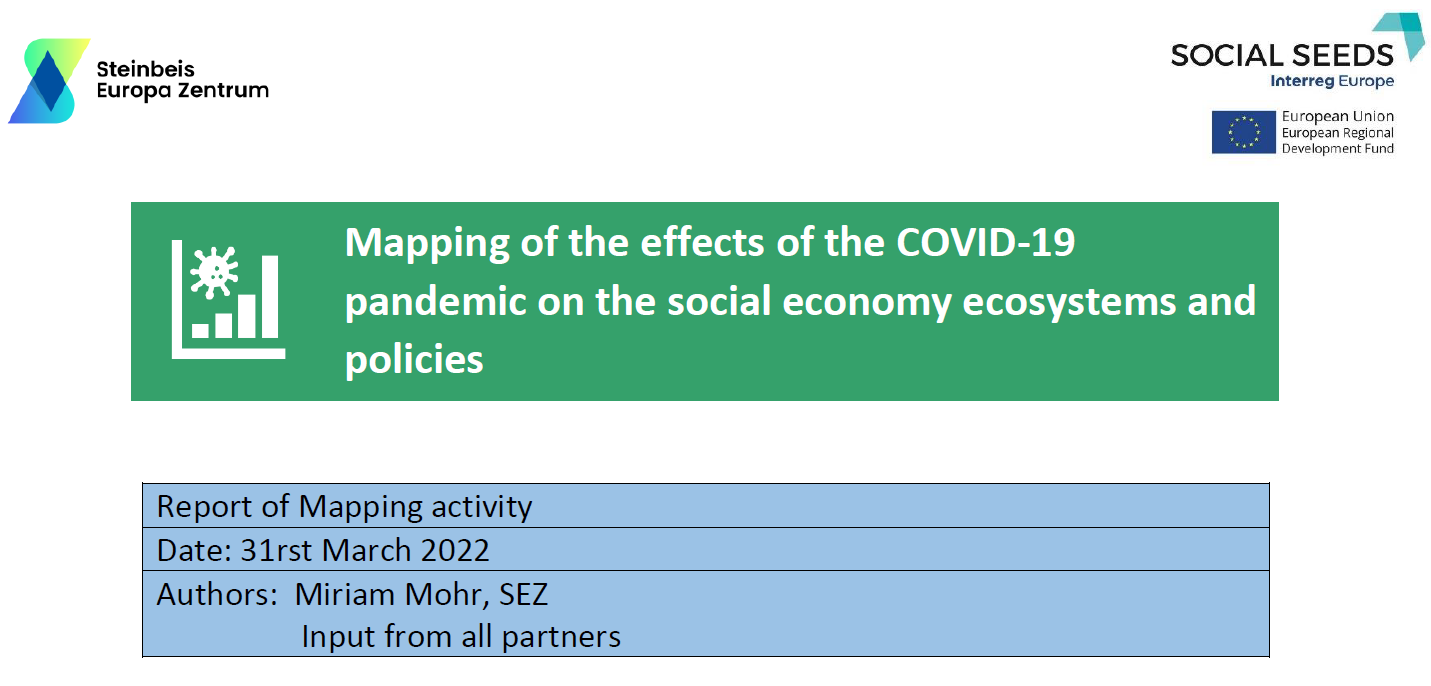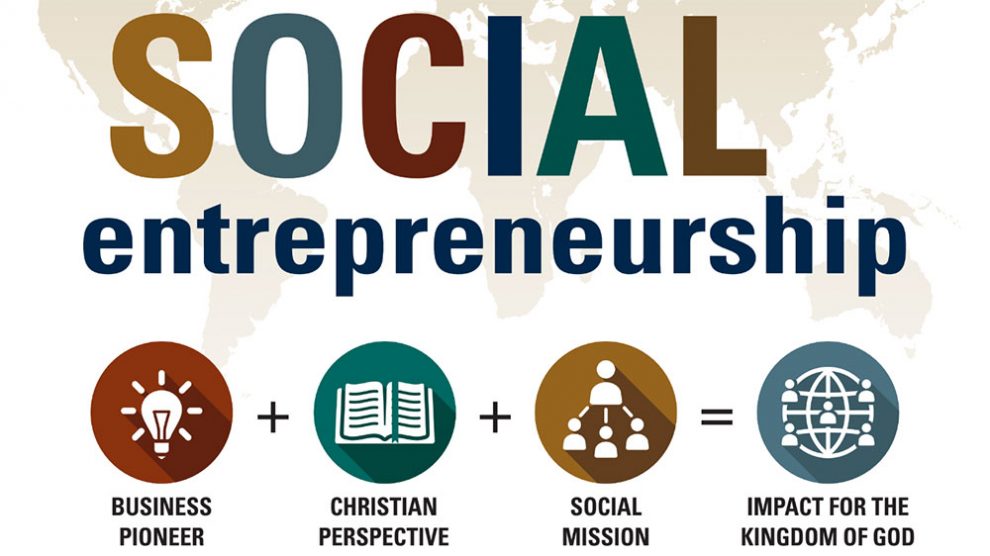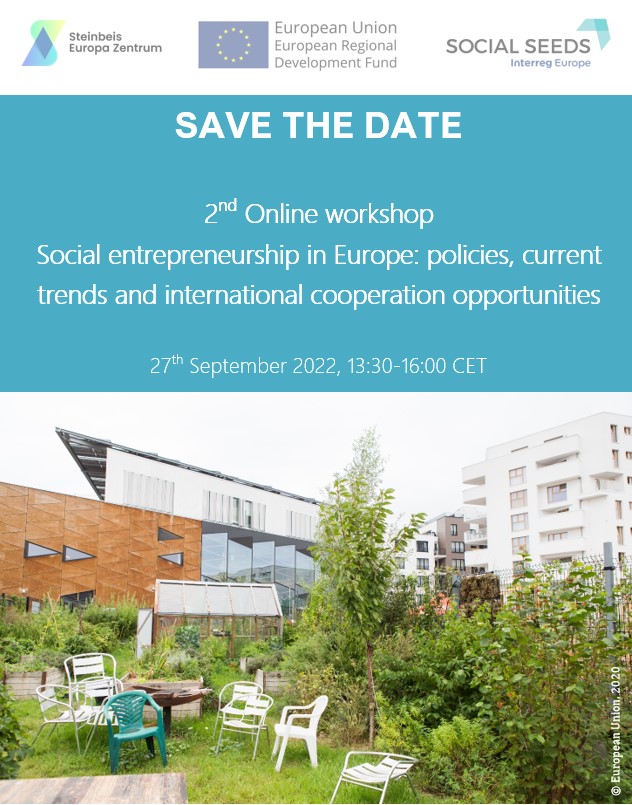As 2018 is marked as much by the 30th anniversary of Cohesion Policy as by the 2021-2027 budget period proposals from the Commission, it’s time to have a global look on the social aspects of the proposals.
Many major accomplishments are to be highlighted concerning social investments opportunities wanted by the European Commission.
The first one is of course the new European Social Fund every European social stakeholders have been talking about since the end of May: the ESF +. What’s new about it ?
For the first time, the amount given to the fund is specified whereas a budget was before given to “structural funds”, that were ESF and European Regional Development Fund. From now on, 101 billion would to be shared between Employment and Social Innovation on one side and Health on the other side. The new ESF + is also meant to be easier to understand as it is the result of a multiple funds’ merger and a third of the programmes would be cut.
However, the ESF + is not the only channel to finance a greater Social Europe. The new investEU plan, replacing the Investment Plan for Europe also known as the Juncker Plan would also put to contribution 4 billion euros for Social Investment and Skills, fund that will particularly focus on Social Entrepreneurs and Micro Enterprises.
The second major point to remember from the proposals is the key role of the European Pillar of Social Rights. This breakthrough for the social sector consecrated in November 2017 will drive the future investments decisions concerning social issues.
A better alignment between the European Semester specific recommendations for economic coordination and the use of EU Funds is also mentioned. In this context, the New Reform Support Programme provides financial incentives for key reforms identified in the European Semester.
Thus, regarding the European Pillar of Social Rights and the European Semester, the emphasis is given on employment and education in order to accompany European workers in the Labour Force transition with greater social protection and training.
However, this is on hold as the European Commission is waiting for the Parliament approval. It expects it at the end of 2019 in order for the programmes and projects to start on time and so to have a seamless transition between the current period and the future one.
For further information, click here









